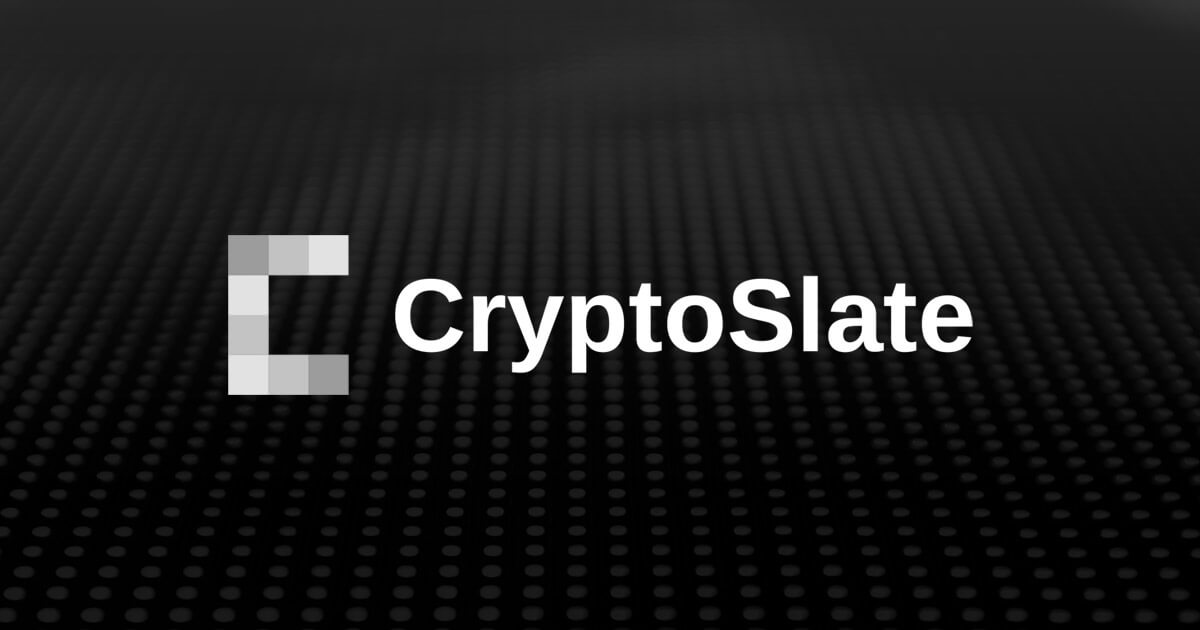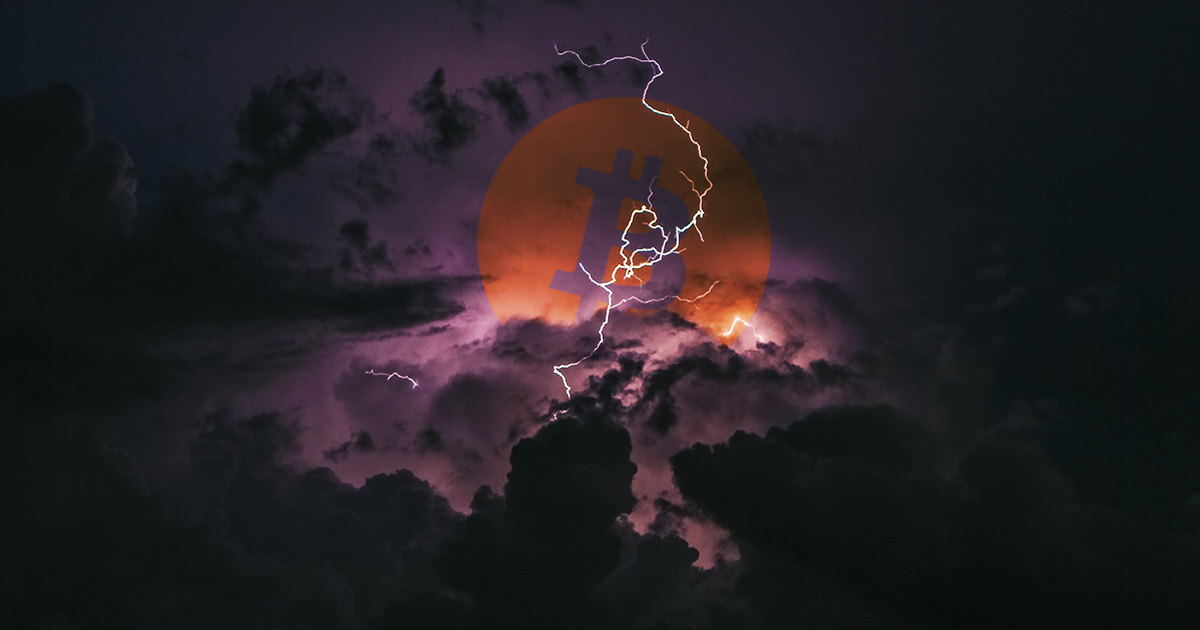One of the reasons flying on an airline is deemed safe is because the pilots have high status and are equally affected if something goes wrong. Being a flight passenger possesses a certain sense of security since the person at the controls has a clear incentive to not harm themselves or others. Additionally, in aviation, a thorough investigation occurs after every incident and new policies and training are put in place when warranted. Globally, every pilot learns from the mistake of one.
Every aircraft manufacturer, airport, air traffic controller, and mechanic learns from every mishap. Every passenger benefits from this highly aligned system that makes aviation safer every year.
However, in politics and finance–rewards are concentrated and losses are socialized. CEO’s get rich inflating debt, equities, or housing bubbles and when things go predictably and inevitably go bad, everyone’s taxes or the national debt goes up but these executives do not go to jail, except in Iceland.

Taleb asserts that the one thing you cannot fake is courage. Everything else, you can fake and virtual signal. But in the past, kings became kings because they took on outsized risk, fought from the front, and won. They also had to fight to stay in power and few kings died in their bed of natural causes. Today, politicians and generals take no physical risk and it completely changes their incentives and decisions.
Naval pointed out that Bitcoin was launched in part to provide an alternative the economic monopoly of central banking policies and that the Bitcoin genesis block points this out by containing a Jan. 3rd 2009 headline from the London Times: “Chancellor on Brink of the Second Bailout for Banks.”
Like in aviation, after each crisis in Bitcoin, developers write code to fix those issues so that the next version of Bitcoin is stronger than the last. Taleb agreed that the iterative and distributed nature made it Anti-Fragile.
Minority Rule
Taleb noted in a Medium post that this is a powerful concept that is actually everywhere once you start looking for it.
An intransigent minority, with great courage, can force their wishes onto a majority if:
- the costs are low for compliance to the producer
- the minority is well distributed among the majority, and not isolated
- there is no burden placed on the majority
All New Zealand lamb is Halal. All beverages in the US are Kosher. Non-Halal, non-Kosher people will happily consume Halal and Kosher whether they know it or not, so it doesn’t affect them. The producers can conform to a cheap but strict standard that will please the exacting minority and the indifferent majority- so this is efficient and widens your customer base.
Kosher meat adds significant cost and so it has not been widely adopted in the same way Kosher drinks have.
Ergodicity
The sequence matters. There is path dependence.
Consider a Casino. One person going to a Casino 100 times will inevitably lose their money, it’s just math and house rules. But 100 individuals each going the casino once each- now some of them can win money and walk away.
You get different results if you wash your pants and then iron them rather than if you iron your pants and then wash them.
So, be careful when you see someone win big. It could be you are observing luck and not skill. You might not be seeing the relevant timeline of events. You may be observing someone who took a foolish risk and won, but they will eventually lose everything. Copying their “success” without understanding their true risks will lead to your own ruin too.
Complex Systems
Taleb defines a complex system as when the interactions between components matter more than the individual components. A body is more than a collection of individual cells. An ant colony behaves much different than an individual ant. A mob acts differently than 1,000 individuals.
Complex systems can also have unpredictable, non-linear effects.
Taleb opposes GMO because it leads to monocultures. So one blight can take a large percentage of a GMO crop today that has been heavily sold by Monsanto whereas 100 years ago, a blight could only affect a small percentage of a global crop. In the short run, it looks like we are all gaining in efficiency from food crops. But in the long run, when something bad eventually happens, we will find that we made ourselves very fragile.
We should be afraid of pollution and global warming because it’s very complex and the effects can be sudden and disastrous. For pollutants, 1,000 units in your body might have no effect, but 1,001 units cause a very bad disease. The human body is very complex and we have little understanding of all the interactions.
For global warming, the same holds. We simply don’t understand how it all works. So anyone saying anything with certainty is almost certainly a fool or a liar. But, the downside of being wrong about global warming is very high. So we should conservatively do whatever we can to reduce pollution and not set off a climate reaction that could be very severe. We simply should err on the side of caution.
Dynamic Inequality is more important than Static Inequality
In America, companies only stay in the Fortune 500 an average of 11 years before falling in ranking. And this time period is getting shorter. So, competition is fierce.
To contrast, in Florence, Italy, tax records show that the richest families from the 1400’s are still the richest today. This has terrible effects on society as a whole.
Taleb and Ravikant agreed that societies should seek to achieve equality of opportunity (it’s impossible but a good goal) vs equality of outcome (also impossible to achieve but disastrous in practice. It’s called Communism).
To watch the full discussion between Taleb and Naval Ravikant, see the video below.
















